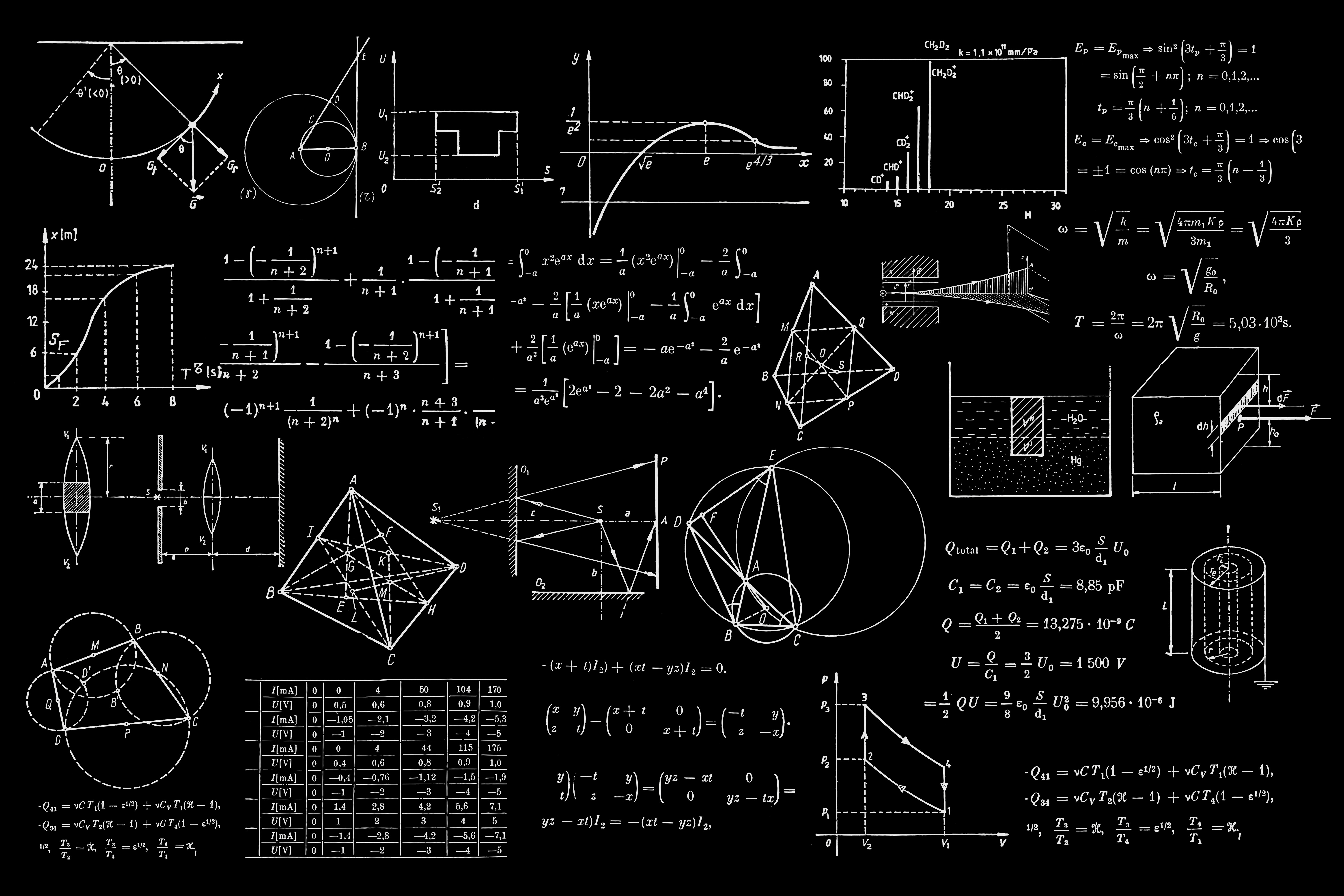10 March 2024

Quantum computing is poised to revolutionize the field of computing by harnessing the principles of quantum mechanics to perform complex calculations at unprecedented speeds. Unlike classical computers, which use bits as the smallest unit of information, quantum computers use quantum bits, or qubits, which can exist in multiple states simultaneously. This property, known as superposition, along with entanglement, allows quantum computers to process vast amounts of data and solve problems that are currently intractable for classical computers.
One of the most promising applications of quantum computing is in the field of cryptography. Quantum computers have the potential to break traditional encryption methods, which rely on the difficulty of factoring large numbers. This capability has spurred research into quantum-resistant encryption algorithms to secure sensitive data in a future dominated by quantum technology.

Another exciting application is in the optimization of complex systems. Quantum computers can efficiently tackle optimization problems in various fields, including logistics, finance, and drug discovery. For instance, they can optimize supply chains, manage financial portfolios, and accelerate the development of new pharmaceuticals by simulating molecular interactions at an unprecedented scale.
Quantum computing also holds promise for advancing artificial intelligence (AI). Quantum algorithms can enhance machine learning models by providing more efficient data processing and pattern recognition capabilities. This synergy between AI and quantum computing could lead to breakthroughs in areas such as natural language processing, computer vision, and autonomous systems.
Play video
More stories
10 March 2024

Quantum computing is poised to revolutionize the field of computing by harnessing the principles of quantum mechanics to perform complex calculations at unprecedented speeds. Unlike classical computers, which use bits as the smallest unit of information, quantum computers use quantum bits, or qubits, which can exist in multiple states simultaneously. This property, known as superposition, along with entanglement, allows quantum computers to process vast amounts of data and solve problems that are currently intractable for classical computers.
One of the most promising applications of quantum computing is in the field of cryptography. Quantum computers have the potential to break traditional encryption methods, which rely on the difficulty of factoring large numbers. This capability has spurred research into quantum-resistant encryption algorithms to secure sensitive data in a future dominated by quantum technology.

Another exciting application is in the optimization of complex systems. Quantum computers can efficiently tackle optimization problems in various fields, including logistics, finance, and drug discovery. For instance, they can optimize supply chains, manage financial portfolios, and accelerate the development of new pharmaceuticals by simulating molecular interactions at an unprecedented scale.
Quantum computing also holds promise for advancing artificial intelligence (AI). Quantum algorithms can enhance machine learning models by providing more efficient data processing and pattern recognition capabilities. This synergy between AI and quantum computing could lead to breakthroughs in areas such as natural language processing, computer vision, and autonomous systems.
Play video
More stories
10 March 2024

Quantum computing is poised to revolutionize the field of computing by harnessing the principles of quantum mechanics to perform complex calculations at unprecedented speeds. Unlike classical computers, which use bits as the smallest unit of information, quantum computers use quantum bits, or qubits, which can exist in multiple states simultaneously. This property, known as superposition, along with entanglement, allows quantum computers to process vast amounts of data and solve problems that are currently intractable for classical computers.
One of the most promising applications of quantum computing is in the field of cryptography. Quantum computers have the potential to break traditional encryption methods, which rely on the difficulty of factoring large numbers. This capability has spurred research into quantum-resistant encryption algorithms to secure sensitive data in a future dominated by quantum technology.

Another exciting application is in the optimization of complex systems. Quantum computers can efficiently tackle optimization problems in various fields, including logistics, finance, and drug discovery. For instance, they can optimize supply chains, manage financial portfolios, and accelerate the development of new pharmaceuticals by simulating molecular interactions at an unprecedented scale.
Quantum computing also holds promise for advancing artificial intelligence (AI). Quantum algorithms can enhance machine learning models by providing more efficient data processing and pattern recognition capabilities. This synergy between AI and quantum computing could lead to breakthroughs in areas such as natural language processing, computer vision, and autonomous systems.
Play video

